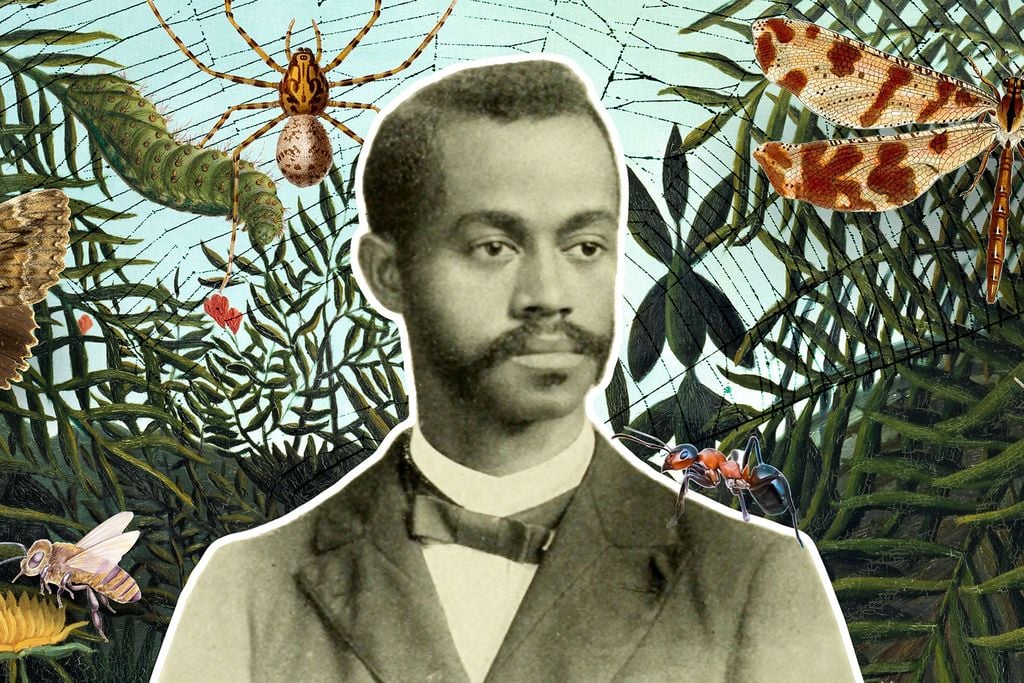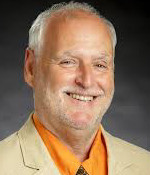Prejudice in Psychology: The Case of Charles H. Turner

- Sigma Xi Public Talk
April 17, 2025 5:30 PM
Physics, Astronomy, & Interdisciplinary Science (PAIS), 210 Yale Blvd NE Rm 1100
- Presenter:
- Charles I. Abramson
Science & Society Distinguished Public Talks
Co-sponsored by the UNM Chapter of Sigma Xi, The Scientific Research Honor Society, the Albuquerque Section of the Institute of Electrical & Electronic Engineers (IEEE) and its Life Members Affinity Group, Sigma Xi (the Scientific Research Honor Society), and the UNM Department of Physics & Astronomy
Presents
Prejudice in Psychology: The Case of Charles H. Turner
By Charles I. Abramson
April 17, 2025 5:30 PM
Physics, Astronomy, & Interdisciplinary Science (PAIS), 210 Yale Blvd NE Rm 1100
And ZOOM
https://unm.zoom.us/j/97093189316
Password SigmaXi
Free and open to the public
 Meet & Greet with refreshments at 5 PM
Meet & Greet with refreshments at 5 PM
Dr. Charles I. Abramson is a Regents Professor of Psychology at Oklahoma State University. He earned his Ph.D. in Psychology from Boston University in 1986 and joined the faculty of Oklahoma State University in 1993. Trained as a comparative-physiological psychologist, he specializes in studying a wide range of behavior in over 40 organisms as diverse as ants, bees, crabs earthworms, elephants, fish, flatworms, horses, humans, llamas, rats, and snakes, He has been recognized widely for his research and teaching and is the current Editor-in-Chief of the International Journal of Comparative Psychology.
Abstract
Dr. Charles Henry Turner was an African-American scientist who, while earning a living as a high school science teacher, made important contributions to the study of insect learning and behavior. Contributions include the development of research methods, investigations of color- and pattern-vision in honey bees, and the first demonstration of Pavlovian conditioning in an insect. Our discussion begins with a biography and continues with a summary of his major research areas, including his contributions to civil rights. Also included are quotes from people who knew him. Additionally, I will address the question as to why Turner did not receive a university appointment and discuss some of the challenges he overcame in the pursuit of his career. I close by suggesting that Dr. Turner's life is truly a study in inspiration.
